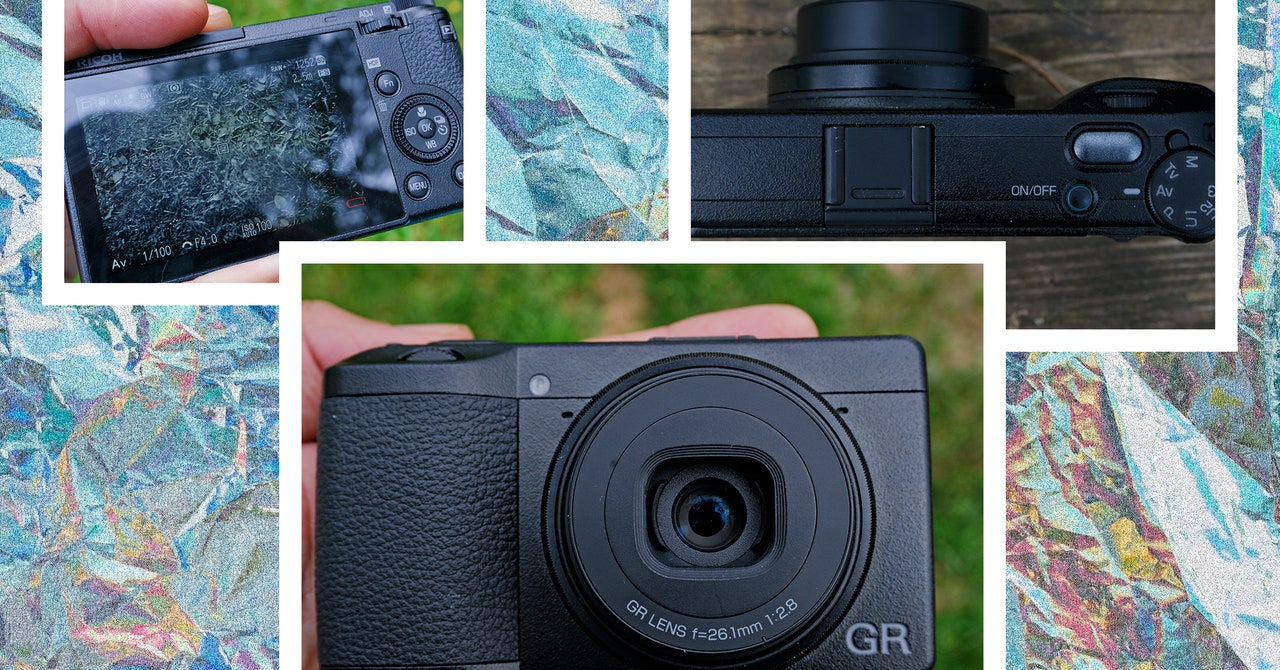Despite the compact size, the GR III packs a 24.2-MP APS-C sensor, which is why it’s my favorite compact camera. At the time of writing, there is no other camera this small with an APS-C sensor. (There used to be two others in this class, Fujifilm’s x70 and Nikon’s Coolpix A, and both have been discontinued). While sensor size isn’t everything, the GR III’s sensor can deliver remarkably crisp, contrasty, detailed images on par with what I get from my Sony.
The original GR III launched in 2019 with the equivalent of a 28-mm lens. Ricoh followed this up in 2021 with the GR IIIx, which is almost the same save for the 40-mm equivalent lens. They’re both fantastic. I happen to love 40-mm lenses so I’ve spent more time with the GR IIIx, but for most people who want an all-around capable pocket camera, I’d suggest the 28-mm version is more versatile.
Both lenses are capable of tack-sharp images with an impressive, soft bokeh you don’t usually get with a camera and sensor of this size. There’s also a nice macro mode that adds a bit of versatility to an already impressive package. That said, if you want a zoom, this is not the camera for you (that’d be the Sony RX100 VII).
Three things set the Ricoh GR III above the compact camera pack. The first is the APS-C sensor. The second is the size. This camera can go everywhere with you and it doesn’t get in the way. I often find, no matter how discreet I try to be, pulling out a full-size camera with a decent (read: large) lens on the front, and everyone in a scene notices and subtly changes. The GR III, on the other hand, is small enough that you can pull it out without attracting attention or ruining a scene (it also doesn’t make you look like a rich tourist when traveling).
The third reason I, and legions of other photographers, love this camera is all the little extras. I mentioned the macro mode, but there’s also a useful built-in neutral density filter for shooting longer exposure images without overexposing (think blurring flowing water, for example). The other mode I love is snap focus.

